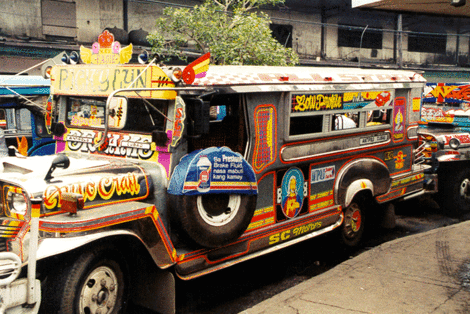/art and literature
Philippine art and literature, like its food and nearly all other cultural aspects, is heavily influenced by its colonizers and nearby countries. However, within the mishmash of cultures still lies that distinctly Filipino flavor.




The Noli Me Tangere and El Filibusterismo by the country's national here, Dr. Jose Rizal, are the two most prized novels of the Philippines. Written by RIzal in an attempt to bring forth the ills of the Filipino society during the Spanish reign, both books were required by law to be read as part of the high school curriculum of the Philippines.
filipino literature
It was only during the Spanish regime that printing and publishing came to the Philippines, so many of the early printed works in the country were religious in nature. Only later were traditional folktales and legends from ethnic groups published and printed, when people began wanting to preserve their culture.
Most of the Filipino literature today is published in English, with those in local languages (such as Tagalog) being considered as 'low literature', or simply literature for the purpose of laughs and entertainment. 'Serious' works would tend to be in English.
The Doctrina Christiana is the first book printed in the Philippines.
national artists
in literature
National Artists is title given to a Filipino who has been given the highest recognition for having made significant contributions to the development of Philippine arts.

Image taken from http://joserizal.info/images/joaquin02.jpg

Image taken from http://upload.wikimedia.org/wikipedia/tl/thumb/4/4d/Amado_V_Hernandez.jpg/200px-Amado_V_Hernandez.jpg

Image taken from http://guialimbaga.weebly.com/uploads/7/7/6/9/7769456/8547284.jpg?248
NICK JOAQUIN
AMADO V. HERNANDEZ
N.V.M. GONZALES



